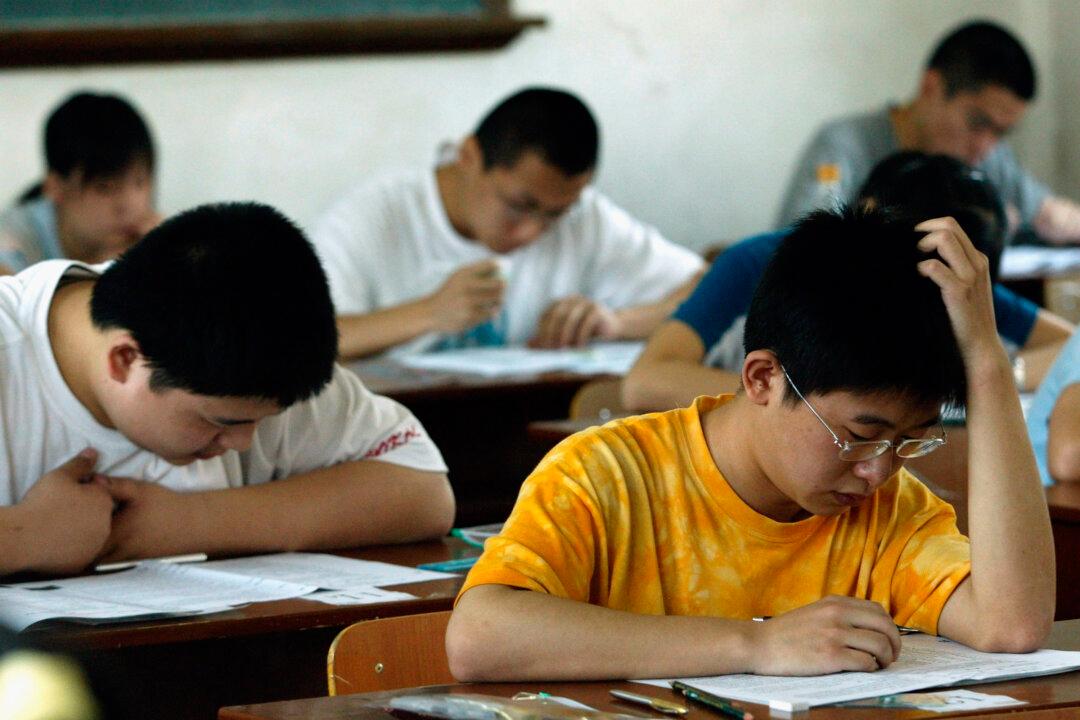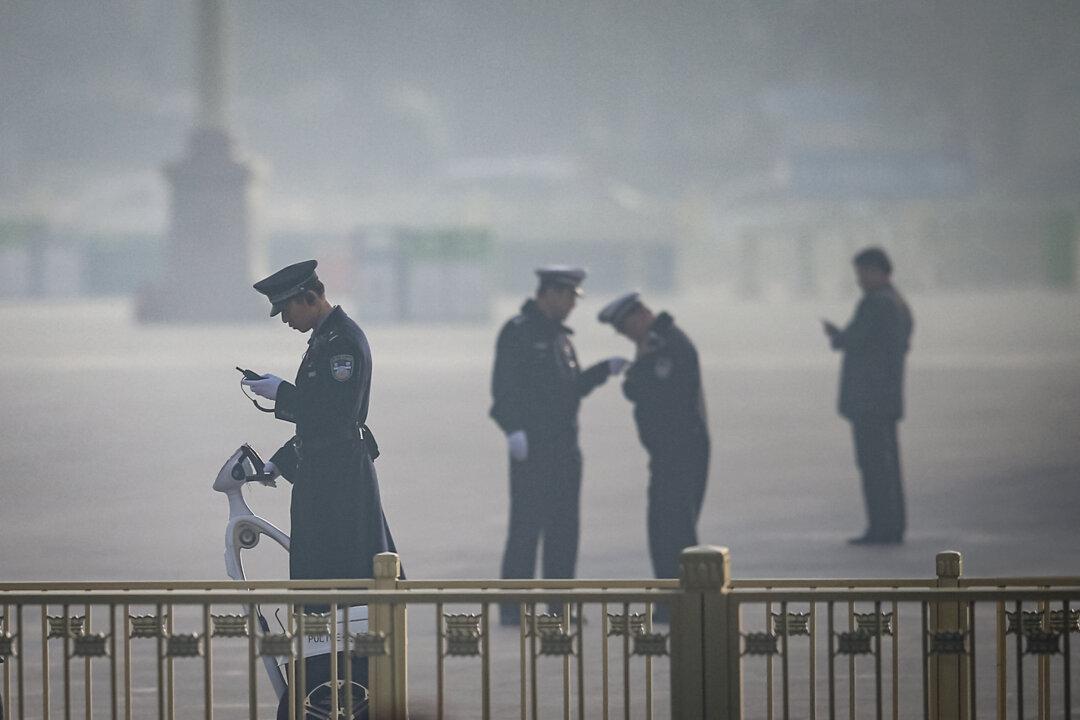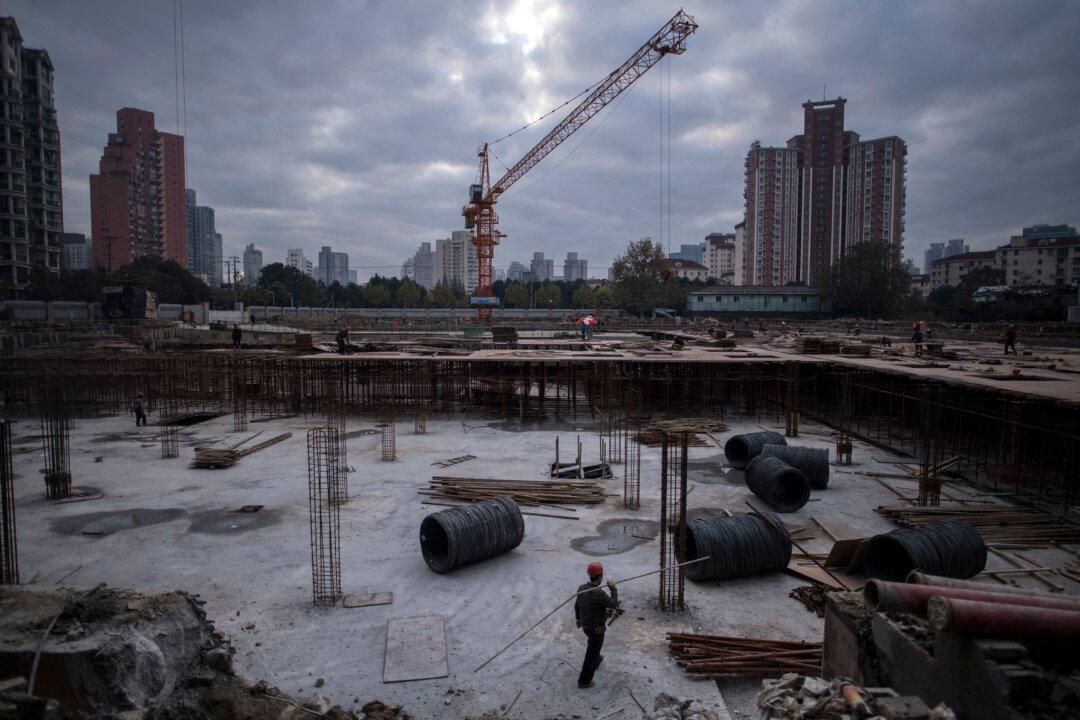At least 21 people are dead after a Chinese New Year mass shooting on Feb. 10 in Ju County of northern Shandong Province. The news casts a shadow over the Chinese Communist Party (CCP) regime’s volatile social outlook.
On Feb. 11, rumors circulating online speculated about the identity of the killer and the death toll but were immediately deleted. Related reports on IFeng.com and NetEase on Feb. 12 were quickly removed, as were posts on Weibo and Douyin. According to pages saved online, the authorities said more than ten people were killed and that one of the suspects had been taken in. The Chinese police are now saying the matter is confidential.





